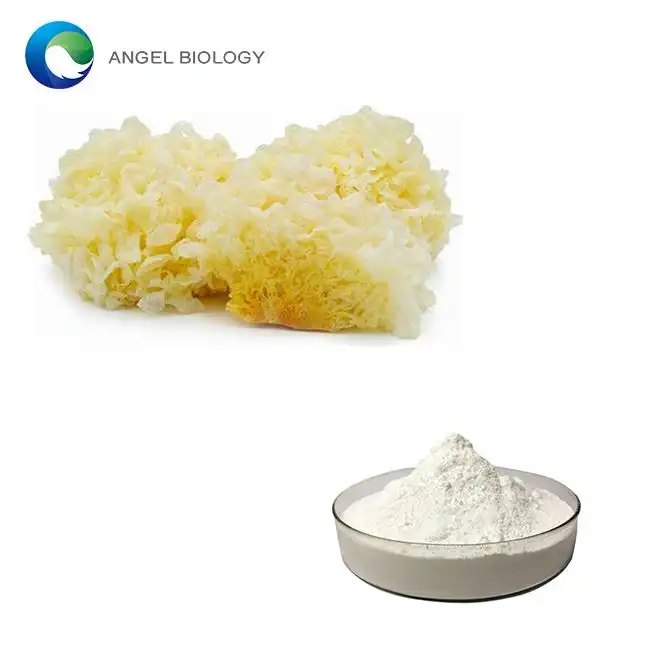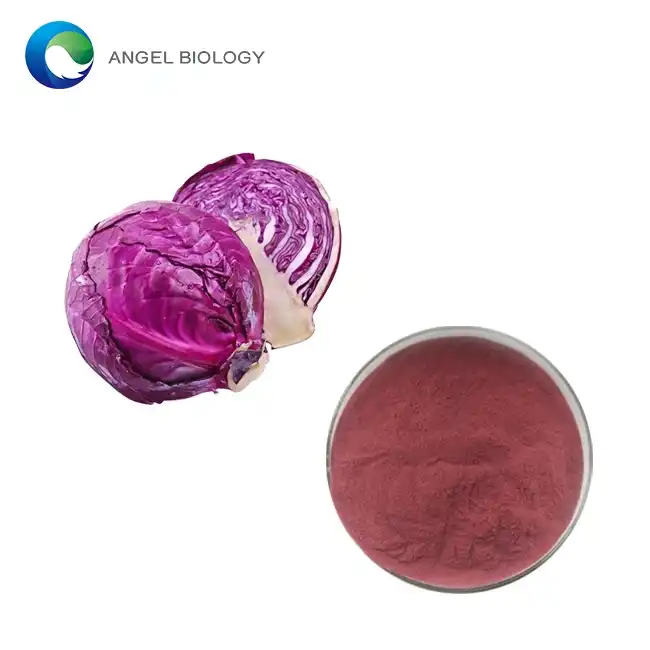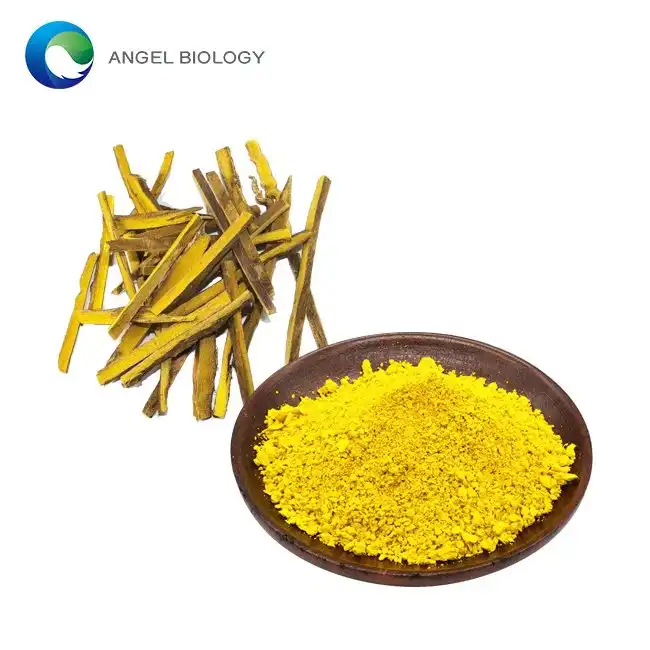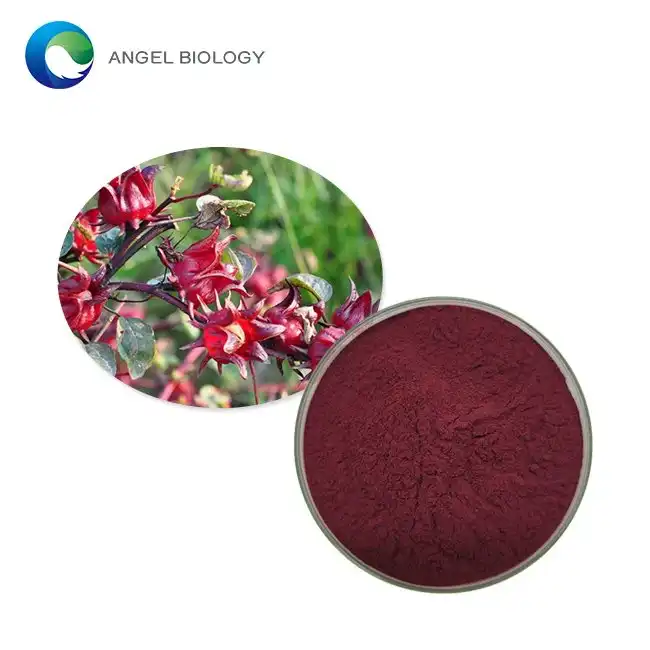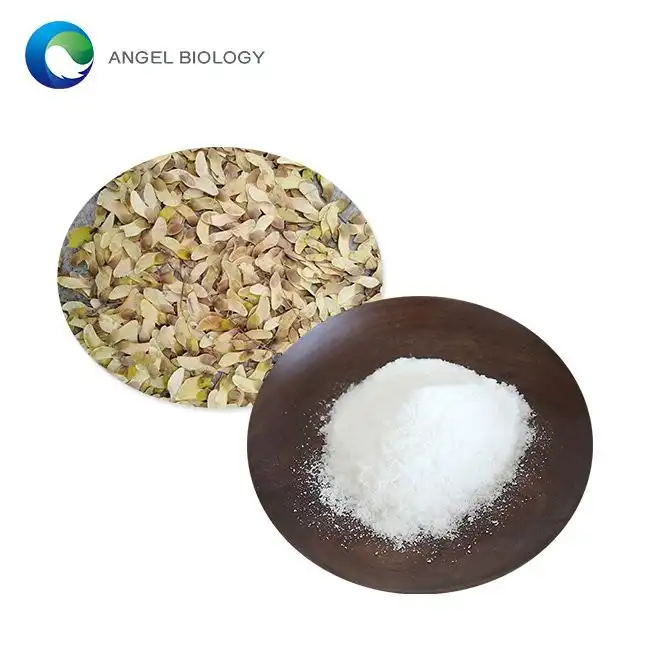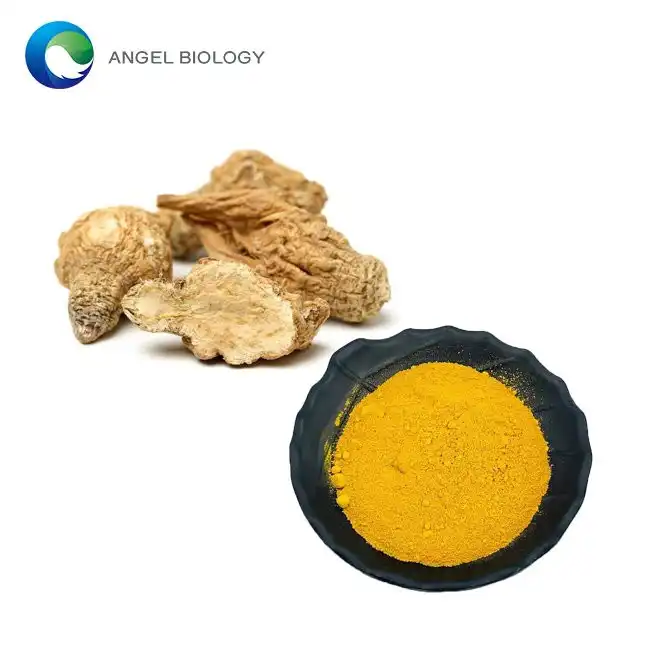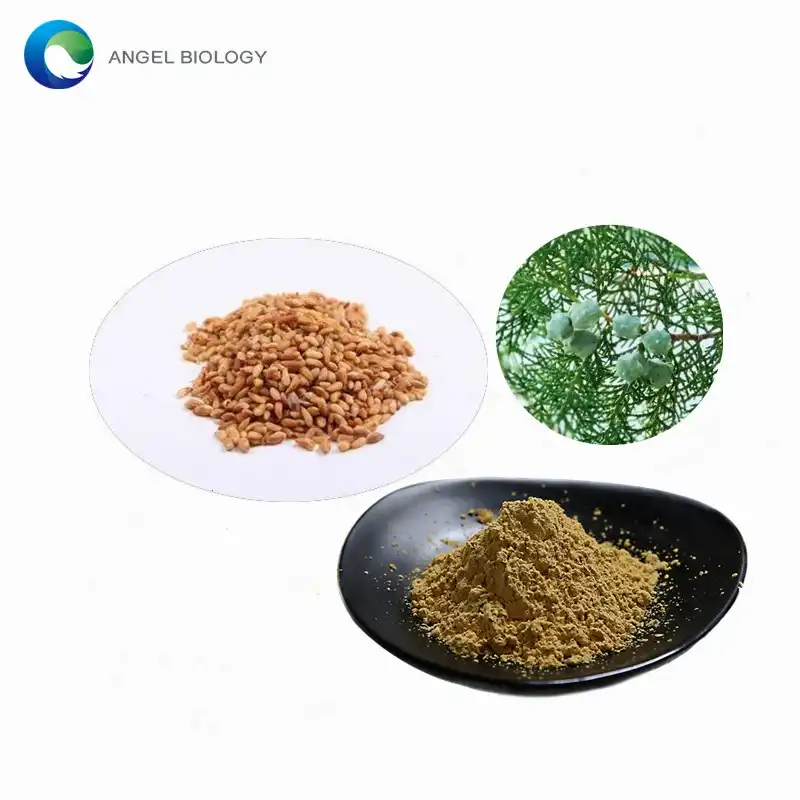How Does Rehmannia Root Extract Support Kidney Health?
Rehmannia root extract, derived from the Rehmannia glutinosa plant, has been a cornerstone of Traditional Chinese Medicine (TCM) for centuries. Renowned for its potential to support kidney health, this herb has garnered increasing attention in the world of natural health supplements. In this comprehensive guide, we'll explore the fascinating relationship between Rehmannia root extract and kidney health, delving into both traditional wisdom and modern scientific insights.
Rehmannia for Kidney Yin Deficiency: TCM Perspective
In the realm of Traditional Chinese Medicine, the concept of yin and yang plays a pivotal role in understanding health and disease. Kidney yin, in particular, is considered crucial for overall well-being. When kidney yin becomes deficient, it can lead to a host of imbalances within the body.
Rehmannia root, known as "Sheng Di Huang" in TCM, is classified as a blood and yin tonic. It's believed to nourish and strengthen the kidneys, making it a go-to herb for addressing kidney yin deficiency. This condition, according to TCM principles, may manifest as:
- Persistent fatigue
- Lower back pain
- Night sweats
- Dry mouth and throat
- Tinnitus (ringing in the ears)
TCM practitioners often recommend Rehmannia root extract as part of a holistic approach to restoring balance and supporting kidney function. The herb's cooling properties are thought to help clear excess heat from the body, further benefiting the kidneys.
It's important to note that while these traditional perspectives offer valuable insights, they should be considered alongside modern medical understanding and not as a replacement for professional healthcare advice.


Can Rehmannia Root Extract Improve Renal Function?
Moving beyond traditional perspectives, contemporary research has begun to shed light on the potential mechanisms through which Rehmannia root extract may support kidney health. While more studies are needed to draw definitive conclusions, early findings are promising.
One area of interest is the impact of Rehmannia on renal function markers. Some studies have investigated whether Rehmannia root extract can influence:
- Serum creatinine levels
- Blood urea nitrogen (BUN)
- Glomerular filtration rate (GFR)
- Proteinuria
These markers are commonly used to assess kidney function, and improvements in these areas could indicate potential benefits for overall renal health.
Research has also explored the antioxidant properties of Rehmannia. The kidneys are particularly vulnerable to oxidative stress, which can contribute to various renal disorders. The antioxidants present in Rehmannia root extract may help combat free radicals and reduce oxidative damage to kidney tissues.
Furthermore, some studies have investigated the herb's potential anti-inflammatory effects. Chronic inflammation is a common factor in many kidney conditions, and substances that can mitigate this inflammation may offer protective benefits.
It's worth noting that while these findings are intriguing, they are still preliminary. The exact mechanisms of action and optimal dosages for kidney health support are still subjects of ongoing research. As with any supplement, it's crucial to consult with a healthcare professional before incorporating Rehmannia root extract into your wellness routine, especially if you have existing kidney issues or are taking medications.
Protective Effects Against Kidney Toxicity
One of the most compelling areas of research regarding Rehmannia root extract and kidney health focuses on its potential protective effects against various forms of kidney toxicity. This is particularly relevant given the increasing prevalence of environmental toxins and the side effects of certain medications that can impact renal function.
Several studies have explored how Rehmannia root extract might help mitigate kidney damage from various sources:
- Drug-induced nephrotoxicity: Some medications, particularly certain antibiotics and chemotherapy drugs, can have detrimental effects on the kidneys. Research has investigated whether Rehmannia could help protect against this type of damage.
- Heavy metal toxicity: Exposure to heavy metals like lead and cadmium can severely impact kidney function. Some studies suggest that compounds in Rehmannia may help reduce the accumulation of these metals in renal tissues.
- Diabetic nephropathy: This is a common complication of diabetes that can lead to kidney damage. Preliminary research has looked at whether Rehmannia extract could help slow the progression of this condition.
The potential protective mechanisms of Rehmannia are thought to involve several pathways:
- Antioxidant activity: By neutralizing free radicals, Rehmannia may help prevent oxidative stress-induced damage to kidney cells.
- Anti-inflammatory effects: Reducing inflammation in the kidneys could help preserve their function and structure.

- Modulation of cellular pathways: Some research suggests that Rehmannia may influence cellular signaling pathways involved in cell survival and apoptosis (programmed cell death).
While these findings are promising, it's important to approach them with cautious optimism. More extensive clinical trials are needed to fully understand the extent of Rehmannia's protective effects and to determine safe and effective dosages for various populations.
It's also crucial to remember that while natural supplements like Rehmannia root extract may offer supportive benefits, they should never be viewed as a substitute for proper medical care or as a reason to delay seeking treatment for kidney-related concerns.
Conclusion
The potential of Rehmannia root extract to support kidney health is a fascinating area of study that bridges ancient wisdom with modern scientific inquiry. From its traditional use in addressing kidney yin deficiency to emerging research on its protective effects against various forms of renal toxicity, Rehmannia continues to captivate researchers and health enthusiasts alike.
While the evidence is promising, it's important to approach the use of Rehmannia root extract with a balanced perspective. More research is needed to fully understand its mechanisms of action, optimal dosages, and potential interactions with medications or other supplements.
If you're intrigued by the potential benefits of Rehmannia root extract for kidney health, we encourage you to explore high-quality, scientifically-backed supplements. At Angelbio, we're dedicated to providing premium natural ingredients that support overall health and well-being. Our commitment to innovation and quality ensures that you're getting the best nature has to offer.
Interested in learning more about our Rehmannia root extract products or other natural supplements for kidney health? We'd love to hear from you! Reach out to our team at angel@angelbiology.com for personalized guidance and to discover how our products can support your journey to optimal health.
References
1. Zhang, R. X., Li, M. X., & Jia, Z. P. (2008). Rehmannia glutinosa: Review of botany, chemistry and pharmacology. Journal of Ethnopharmacology, 117(2), 199-214.
2. Xu, H. Y., et al. (2014). Rehmanniae Radix in osteoporosis: A review of traditional Chinese medicinal uses, phytochemistry, pharmacokinetics and pharmacology. Journal of Ethnopharmacology, 155(3), 1352-1360.
3. Wang, Y., et al. (2019). The protective effects of Rehmannia glutinosa on renal function and histopathology in diabetic nephropathy rats. Journal of Diabetes Research, 2019, 1-10.
4. Liang, Q. L., et al. (2013). Protective effects of Rehmannia glutinosa on nephropathy in diabetic rats. Journal of Ethnopharmacology, 144(3), 555-563.



